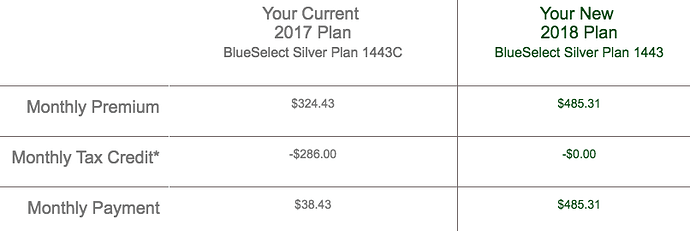Anthem Blue Cross Blue Shield Policy in New Hampshire
Puts Patients At Risk
WASHINGTON — The American College of Emergency Physicians (ACEP) and its New Hampshire Chapter today came out against a policy that Anthem Blue Cross Blue Shield (BCBS) plans to implement in the state on January 1st in which emergency patients who have been treated in emergency departments may be responsible for all the costs, if the insurer decides after-the-fact it was not an emergency, based on a list of diagnoses.
“This violates the prudent layperson standard, which is part of Medicare and Medicaid laws, as well as the Affordable Care Act, and requires coverage to be based on a patient’s symptoms rather than a diagnosis,” said Thomas Joseph Lydon, MD, PhD, FACEP and vice-president of New Hampshire’s ACEP Chapter. “This policy is dangerous, because patients who really need emergency care may be too afraid to seek care.”
Dr. Lydon said that one of the diagnoses that would not be covered is “rash.” However, there are serious or potentially fatal conditions, such as Lyme disease or endocarditis from opioid injection, that first can manifest as a simple rash. Ruling out life-threatening conditions requires a careful history and physical exam by a provider familiar with such ailments. Physicians fear the unintended outcome of Anthem’s policy will be to discourage people from seeking medical care in the first place.
“Health insurance companies can’t expect patients to know which symptoms are life-threatening and which ones are not, and they shouldn’t be punished financially because of it,” said Dr. Lydon. “Emergency physicians treat patients every day with identical symptoms – some go home, some need a medical procedure, and some need to be admitted. Only a full medical work-up can determine that.”
For over 20 years, the “prudent layperson” law has been the standard for determining whether evaluation at an emergency department is justified. This standard requires that insurance coverage is based on a patient’s symptoms, not their final diagnosis. Anyone who seeks emergency care suffering from symptoms that appear to be an emergency should not be denied coverage if the final diagnosis does not turn out to be an emergency. The BCBS policy violates this standard. While 12 conditions are being excluded at this time, emergency physicians are concerned that the list has the potential to grow. Anthem BCBS has already implemented this policy in several states including, Missouri, Georgia and Kentucky with a much larger list of conditions. More states are scheduled to be under the Anthem policy by early next year.
According to a recent ACEP poll, more than 4 in 10 Americans reported that they delayed or avoided seeking emergency care in the past 2 years out of concerns about the cost of co-pays, co-insurance and deductibles. Nearly half said their medical condition worsened as a result.
“Over the years, insurance companies have employed multiple strategies to not pay for care,” said Paul Kivela, MD, MBA, FACEP, president of ACEP. “They have denied claims based on final diagnosis instead of symptoms. Emergency physicians successfully fought back against these outrageous policies. Now, as the future of health care is debated again, insurance companies are trying to reintroduce the practice.”
Dr. Kivela added that there is nearly a 90 percent overlap in symptoms between emergencies and non-emergencies, according to a 2013 study in the Journal of the American Medical Association.
ACEP is the national medical specialty society representing emergency medicine. ACEP is committed to advancing emergency care through continuing education, research and public education. Headquartered in Dallas, Texas, ACEP has 53 chapters representing each state, as well as Puerto Rico and the District of Columbia. A Government Services Chapter represents emergency physicians employed by military branches and other government agencies.

